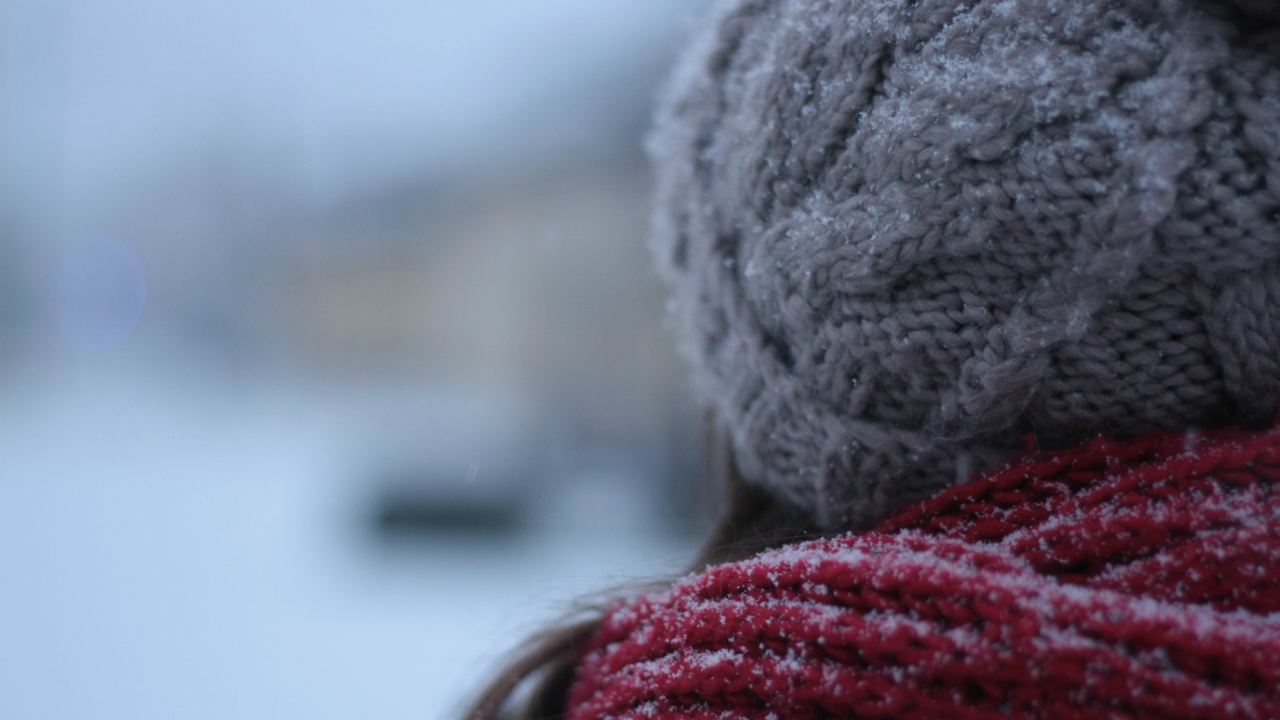 Via Pexels
Via Pexels
A chilly winter may make your cheeks red this holiday season, but your rosy cheeks might be telling a different story if you have rosacea.
Rosacea is a pretty name for an annoying skin disease that usually affects those over age 30. According to WebMD, it can cause your nose, cheeks, chin, and forehead to turn red. Sometimes it causes little bumps or pimples in the affected areas as well.
There are four types of rosacea:3
Subtype 1: Erythematotelangiectatic Rosacea - Facial redness, flushing and visible blood vessels
Subtype 2: Papulopustular Rosacea - Acne-like breakouts
Subtype 3: Phymatous Rosacea - Thickening skin
Subtype 4: Ocular Rosacea - Rosacea in the eyes
Rosacea is thought to be genetic, according to the American Academy of Dermatology, however its causes are difficult to pinpoint. One area that scientists have determined affects rosacea has to do with how the body reacts to certain proteins.
In the past, it was believed that rosacea was caused by alcohol abuse, however this has since been proven to be untrue, according to WebMD.
If you’re suffering from rosacea, here are some ways to combat its severity:
1) Visit a dermatologist
Your number one solution is to visit a dermatologist and discuss what this means for your health. This is crucial, as only a licensed practitioner of medicine can pinpoint the cause of your rosacea and help you to find appropriate treatments. Don’t self-diagnose!
2) Wear sunscreen and avoid the sun
Preventive measures can successfully stave off rosacea. Exposure to sunlight is one factor that exacerbates rosacea. It’s important to keep your face out of the sun and to keep it protected with sunscreen.
3) Identify and avoid triggers
If you have rosacea, you likely have a set of triggers that prompt flare-ups or worsen existing rosacea. Triggers can come in the form of food, drinks, or even activities.
Make a mental (or literal) note of what you consume and what activities you engage in on days when you notice flare-ups. This can result in lifestyle change.
4) Use antibiotics
If you are experiencing breakouts, one treatment can be simple low-dose antibiotics that help to keep redness under control. Talk to your health care provider about whether antibiotics are right for your specific situation.
5) Use medicated skin creams
You can use skin creams that have medication such as azelaic acid, brimonidine, or metronidazole in them, to combat rosacea, according to WebMD. This is also a great way to keep your skin moisturized while being mindful of your sensitive skin.
6) Have laser treatment
To reduce redness from dilated blood vessels, you could use laser or light treatment called intense pulsed light. Laser therapy can be used to reduce many of the most noticeable symptoms of rosacea.
The treatment causes them to disintegrate by emitting heat onto the blood vessels. Talk to your health care provider about this option and find out if it is appropriate for your specific case.
7) Use gentle skin care
Another preventive method that can also help control rosacea and its severity is to use a gentle skin-care routine. This is crucial, as your skin is already sensitive and you should take extra care not to provoke a flare-up.
Make sure to use gentle washcloths and cleansers/scrubs that will not be too harsh on your skin.
8) Increase eyelid hygiene
If rosacea has affected your eyes, make sure to wash your eyelids carefully and often. Consider looking into a prescription for medicine that will help treat specifically the eyelid areas.
9) Have surgery
If your rosacea is so severe that you find it difficult to live with, surgery is an option you might pursue. Examples of surgery are electrocautery and laser surgery. One particular use of surgery would be to decrease potential nose distortion that sometimes results from rosacea (via the subtype 3 of thickening skin).
This procedure would sculpt the nose and remove excess tissue that has resulted from rosacea. Talk to your health care provider before making any decisions to decide whether or not this altering process is for you.
10) Conceal its appearance with makeup
Finally, while this is not a treatment, using makeup to conceal the effects of rosacea can help your own comfort level. Make sure to use makeup that works with sensitive skin and will not cause rosacea to flare up.
Rosacea is difficult to live with, and even though it is not dangerous, it can take a toll on your self-esteem. If you are suffering from this skin disease, don’t be afraid to take action.
Reviewed December 9, 2016
By Michele Blacksberg RN
Edited by Jody Smith
1) Rosacea - Topic Overview. WebMD. Retrieved December 8, 2016.
http://www.webmd.com/skin-problems-and-treatments/tc/rosacea-topic-overview#1
2) Rosacea. American Academy of Dermatology. Retrieved December 8, 2016.
https://www.aad.org/public/diseases/acne-and-rosacea/rosacea#causes
3) All About Rosacea. National Rosacea Society. Retrieved December 8, 2016.
https://www.rosacea.org/patients/allaboutrosacea.php
4) Lasers Used to Treat Some Rosacea Signs. National Rosacea Society Retrieved December 8, 2016.
https://www.rosacea.org/rr/2001/summer/article_2.php
5) Surgery Can Correct Distortion of Nose . National Rosacea Society Retrieved December 8, 2016.
https://www.rosacea.org/rr/2003/summer/article_2.php
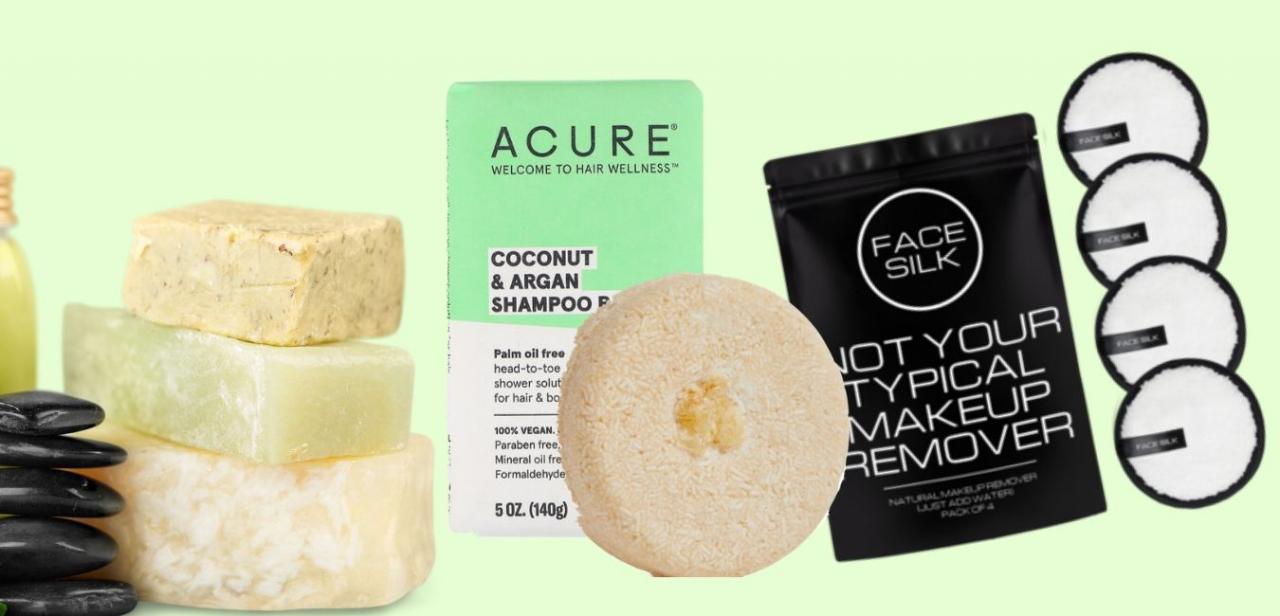
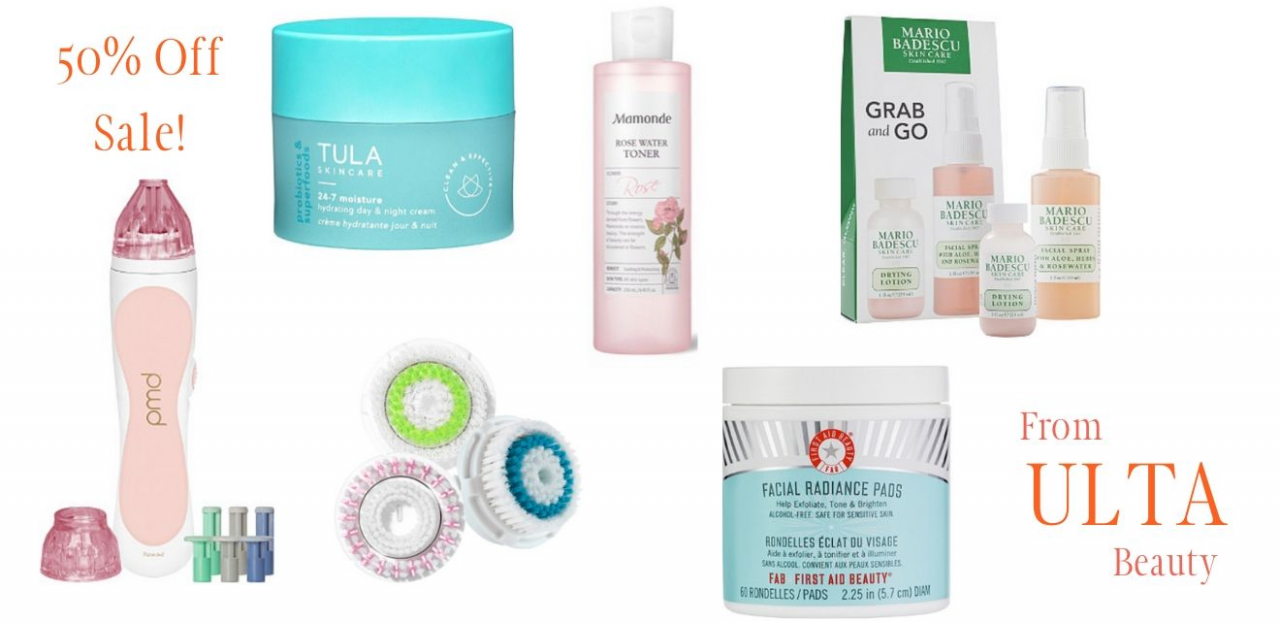
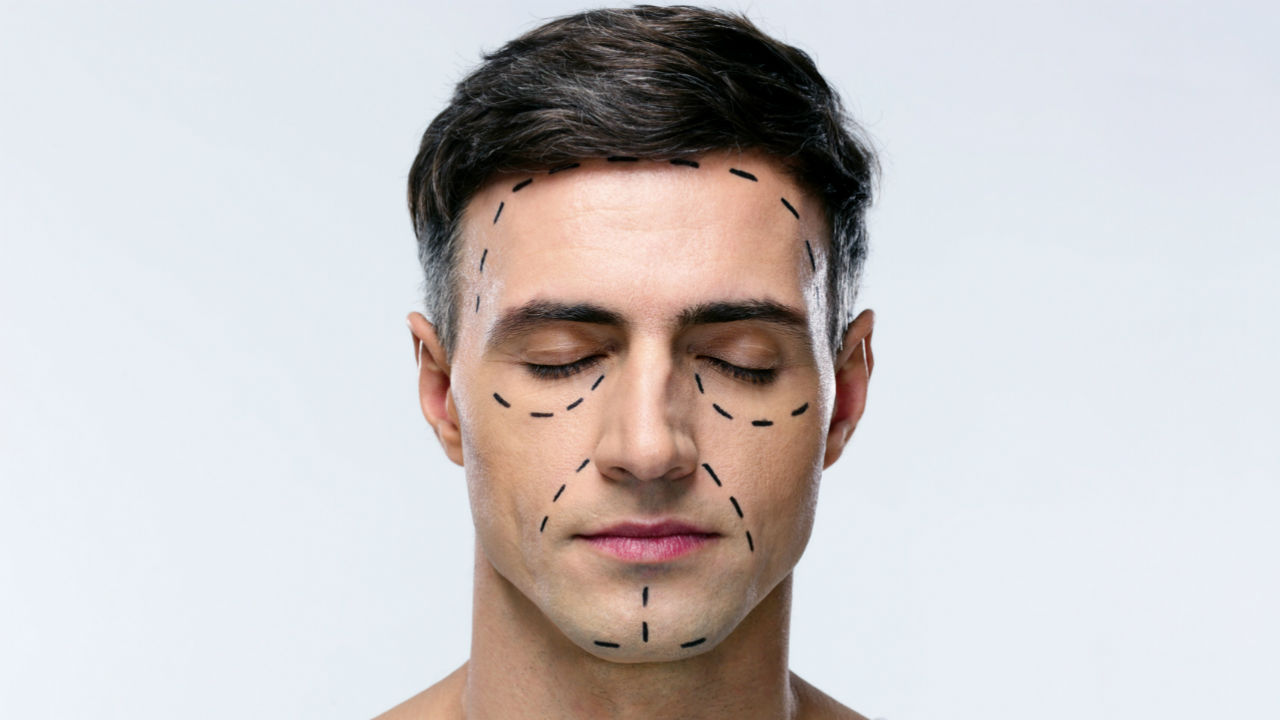
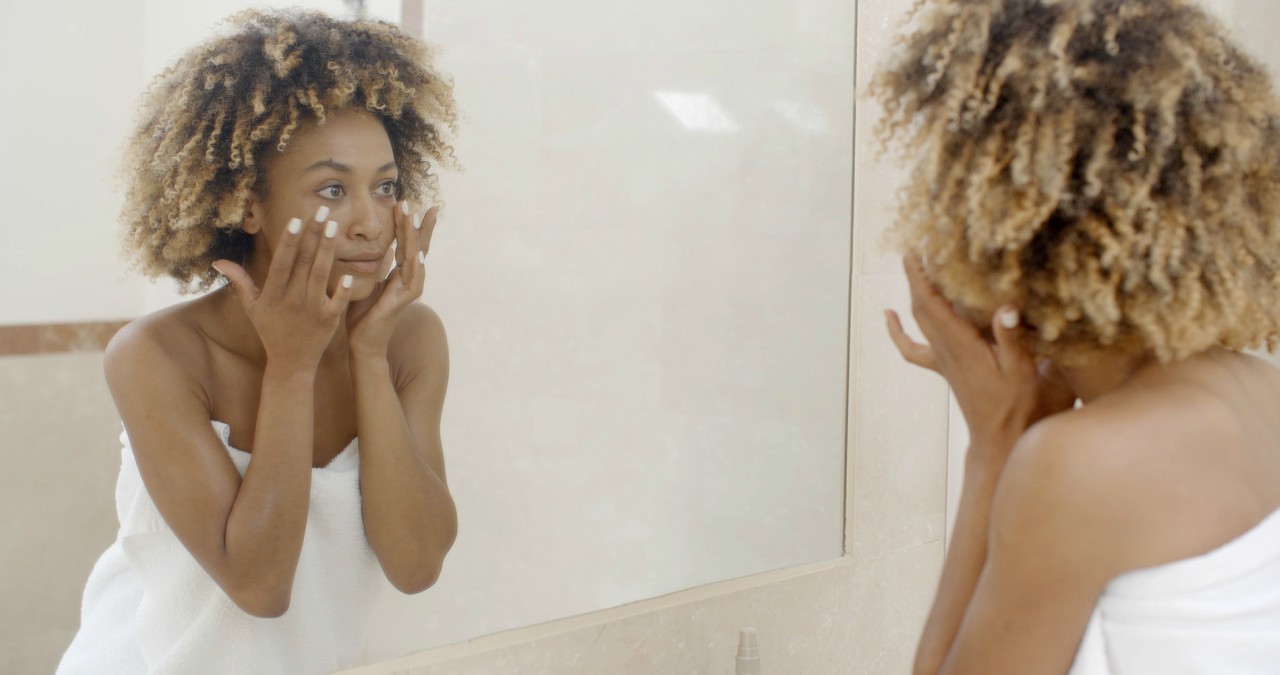

Add a CommentComments
There are no comments yet. Be the first one and get the conversation started!